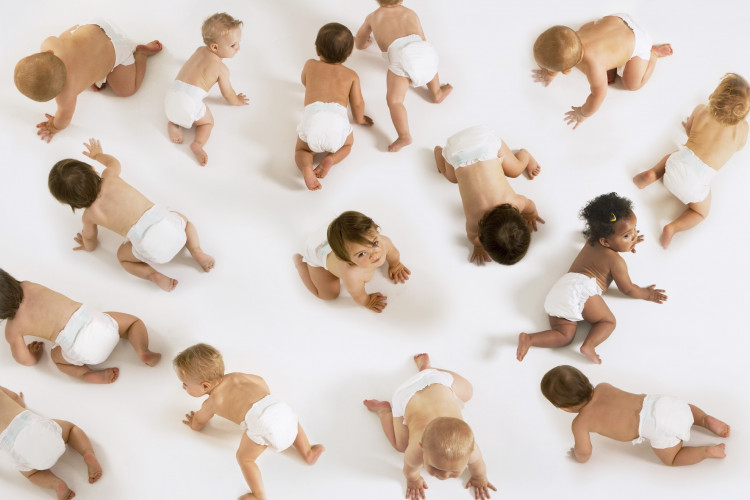Daycare in Germany - Settling in
Plan enough time for settling your child into German daycare.
Settling into daycare - not a short affair in Germany
Most children in Germany attend a day care centre between their 1st and 3rd birthday.
Of course, the settling-in process varies from institution to institution.
When you are accepted and registered, you will be told exactly how the whole process works.
Settling in - The German way
In Germany, however, it is by no means the case that you simply hand over your child on the first day and leave the day care centre. Depending on the concept, settling in takes between 3 and 8 weeks. During this time, it is important that a parent (or grandma/grandpa) is always there for the child and spends this special time together with the child.
The start of day care is a big change for a child and causes different feelings for all involved - fear, stress, uncertainty, joy and new trust has to be built up.
That is why it is important for the whole family to make the settling in process as gentle and understandable as possible. Calmness and closeness to the parents help the children a lot in the first period.
The Berliner Modell (common in Germany)
In many day care centres, the so-called "Berliner Modell" is used for acclimatisation within the framework of the INFANS educational concept. It is an example of different approaches to settling in.
There are a total of 3 phases:
During the entire time in the nursery, the child has a primary educator (Bezugserzieherin) who is the main contact person.
- During this first period (approx. 3 days), the child stays in the group with its caregiver (usually mum or dad), who accompanies the child during the settling-in period for approx. one to one and a half hours. There is no separation yet.
The aim is for the child to get to know the other children and to get used to the new room and its teachers. Contact is established through play activities without pressure. During this time, there is always an exchange of information and feedback between the teachers and the parents. - On the 4th day, an attempt at separation is made for up to 30 minutes. Depending on how the child reacts, it is decided how to continue. Often the children cry when saying goodbye. However, this is a completely normal reaction (attachment behaviour). If the child cannot be comforted during the first separation attempt, phase 1 is repeated and another separation attempt is made after 3-4 days.
- From the day after the successful separation, the kindergarten teacher gradually takes over feeding and diapering and now increasingly offers him/herself as a play partner and comforter. The child also begins to sleep in the nursery. In addition, the duration of the separation is extended. In the final phase, the caregiver is no longer present at the facility, but must be available at all times.
The moment the child shows attachment behaviour towards his/her kindergarten teacher, i.e. allows him/her to comfort him/her and accepts him/her as a secure base, the acclimatisation is considered successful.
It is important that the same caregiver (Mom/Dad, Grandparents) always accompanies the child. You have to give yourself and the child time without pressure. When you start working again after the settling in period, you should plan at least 8 weeks buffer. Avoid additional (leisure) stress, further changes or interruptions during this time. Allow yourselves as much rest as possible after the daycare visit.
The children notice quite quickly when the parent is nervous and time is short. The same applies here as with many other things: there is strength in rest.
July 2021 - Gravidamiga
This blog post has been prepared with the greatest possible care and does not claim to be correct, complete or up-to-date.“ This is not a medical post and it does NOT substitute a visit to a doctor. Picture Adobe Stock licensed.
Tell someone of us today - thank you!
https://www.instagram.com/gravidamiga/
https://www.facebook.com/gravidamiga
and sign up for our weekly Gravidamiga Newsletter.
or check out our partner page for more general information about life in Stuttgart with an extensive blog:
Kiramiga - beyond relocation.
We love what we do and hope you love it, too.
Please support us and our work by donating us a coffee or a prosecco :-)
Thank you.
Updated: October 2025
Posted in in Babies & Toddlers




